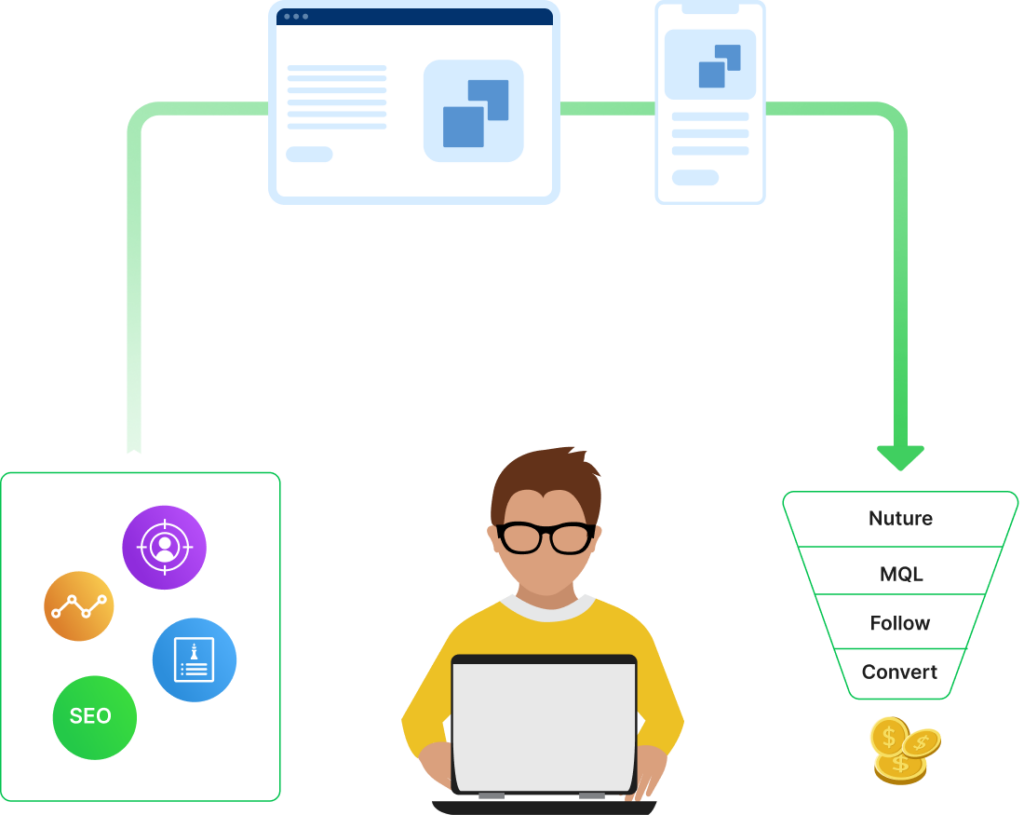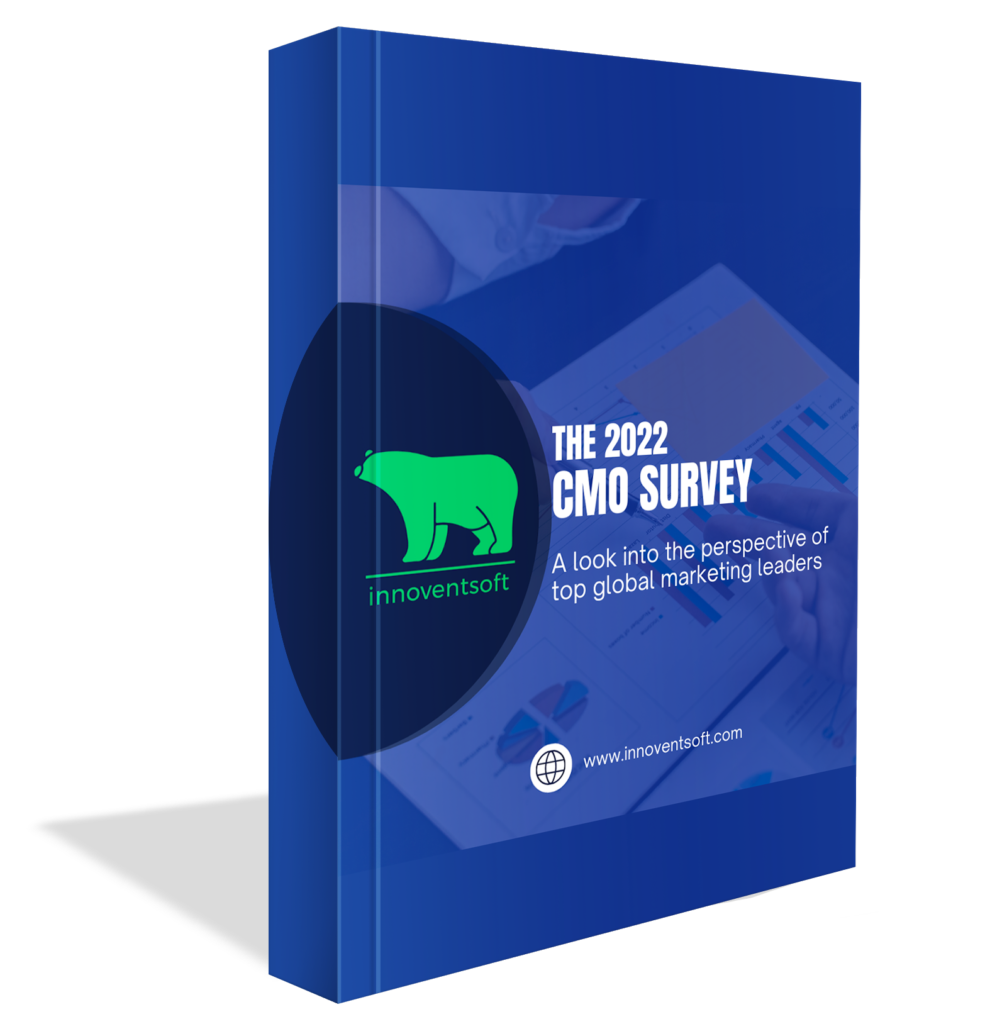B2B brands can now create the right content faster to increase brand awareness and generate marketing qualified pipeline

Trusted by the leading American B2B brands




B2B Marketing Pain Points
Today B2B customers want relevant content across multiple channels from their vendors. Unfortunately, B2B firms either fail to create the right content strategy or generate random content for their target audience. Due to this, they face poor brand presence, no brand differentiation, and zero sales lead.
Poor marketing implies the zero visibility of B2B brands in organic channels, which is why 55% of the startups fail in the first five years of operation. Sources: Forbes
Without proper content, 90% of the budget spent on Ads, events, email campaigns, and SEO does not yield a qualified pipeline. Sources: CMO Survey, Campaignmonitor.com
B2B marketers find it hard to collect and analyze metrics to see the impact of content on their customer life-cycle journey. Sources: Focused group discussions
Introducing Innoventsoft Platform
The AI-based content marketing platform built by B2B marketers for B2B marketers to develop impactful content faster and frequently. Increase organic traffic and leads from website with ICM platform.
Integrations offered by Innoventsoft
Use our integrations and avoid the brunt of disjointed tools.






“Our Ads were not performing good and wanted to explore organic marketing. Innoventsoft platform suggested accurate content topics to write to boost website traffic. And in just 3 months we could see the impression and clicks rising exponentially.”

Rahul Pandey
Product Marketing Manager, Digitate (a TCS venture)

Improve Website Traffic & Leads With Content
ICM platform suggests an impactful content strategy, for B2B products or solution, that would boost your website organic traffic and generate leads.


